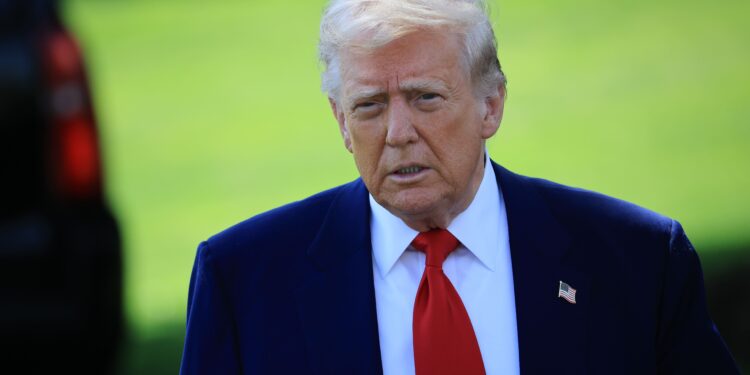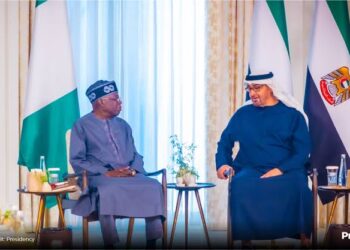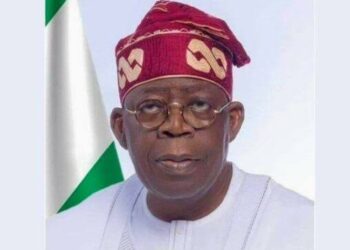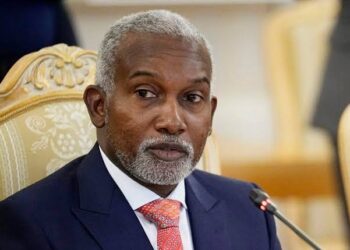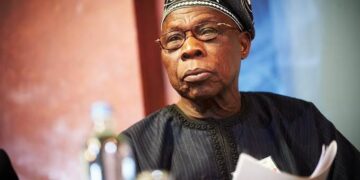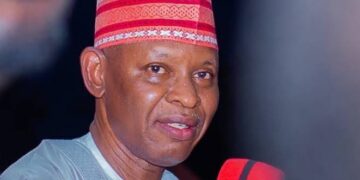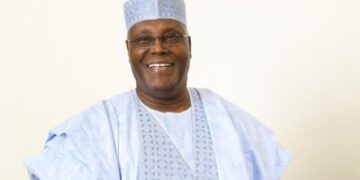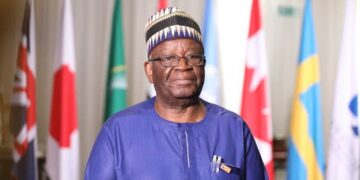Former U.S. President Donald Trump has reignited global tensions as Trump calls for regime change in Iran publicly.
The shift followed Iran’s Supreme Leader Ayatollah Ali Khamenei’s rejection of renewed diplomatic talks after devastating U.S. airstrikes.
The strikes, dubbed “Midnight Hammer,” targeted three key Iranian nuclear facilities at Fordo, Natanz, and Isfahan on Saturday.
Before the attack, Trump claimed the operation was focused on nuclear dismantlement, not political transformation in the Islamic Republic.
However, Trump calls for regime change in Iran now seem more direct, especially after Iran’s leadership defied global consensus.
In a Truth Social post, Trump questioned why regime change shouldn’t happen if Iran’s rulers refuse national progress.
He stated, “If Iran’s regime can’t MAKE IRAN GREAT AGAIN, then regime change becomes the logical next step.”
Iran responded strongly, accusing the U.S. and Israel of colluding to undermine its sovereignty and violate international law.
Its Foreign Ministry condemned the attacks, calling them acts of aggression against a peace-seeking, independent member of the UN.
The Iranian government vowed full retaliation, promising to defend its borders and people with all available military force.
According to Tehran, America’s foreign policy exposes deep hostility toward Iran’s independence and long-standing resistance against Western domination.
The rhetoric escalated sharply after Trump calls for regime change in Iran, raising fears of a broader regional war.
Iran warned that any further provocation would be met with “measured but decisive” military responses against U.S. regional interests.
As international mediators urge restraint, the prospect of war looms larger, with global attention now fixed on Washington and Tehran.
TRENDING STORIES:
https://umpirenews.com/peter-obi-blasts-tinubu-insecurity/
https://umpirenews.com/favour-ofili-quits-nigeria-afn-blunders/


